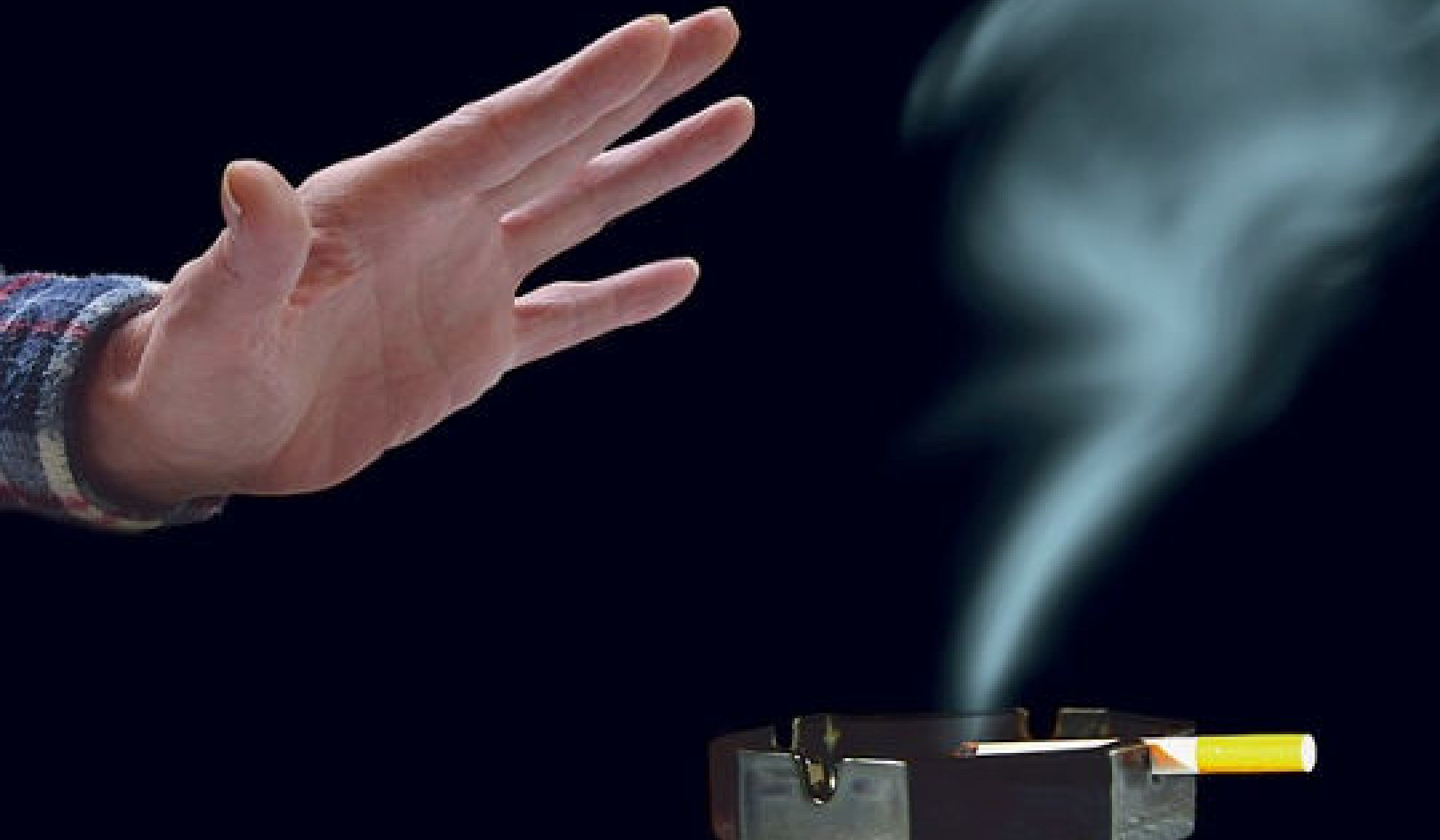
There are no elaborate sets, no dramatic overture, just three people sitting at a table with a single candle in its center and talking about the most powerful force in the universe -- prayer. Each character speaks from the level of his or her own expertise, drawing from their experience examples and insights to support their convictions. In the end one thing will be clear -- that though they approach the subject from different angles, every path does merge in the end, and every stream leads into the ocean of life.
It is time to begin our little play. The script is completely unrehearsed. We will begin by introducing the cast of characters.
THE SCIENTIST
The role of the Scientist is played by Gregg Braden, himself an earth scientist of great renown. He is the author of three bestselling books, of which the Isaiah Effect.
 THE PSYCHOLOGIST
THE PSYCHOLOGIST
The role of the Psychologist is being played by Dr. Doreen Virtue who is a practicing psychologist as well as the author of many books, including Angel Therapy and Divine Guidance.
 THE MYSTIC
THE MYSTIC
James Twyman, AKA the Peace Troubadour, is playing the role of the Mystic. He is the author of three other books, including Emissary of Light and Portrait of the Master.
Each scene begins with the narrator establishing the parameters for the evening's discussion. So sit back, open your mind and prepare to enter a New World, a world where every earthly power bows to the foundation of reality, the Mind of God that extends through each one of us at every moment.
[Editor's Note: The play contains 7 parts (7 Pathways to Peace). In this article we excerpted the section dealing with the 4th pathway.]
The Fourth Pathway: "If you want to experience Peace, Become Peace."
NARRATOR:
How does one become peace? Better still -- how do we live our lives in such a manner that everything we do is an expression of compassion, kindness and love, where we become a walking, breathing 'Prayer of Peace'? St. Paul implored the early Christians to "Pray without ceasing." Isn't this what we've been doing? If we have come to realize anything through this conversation, it's that all our thoughts, feelings and emotions are prayers, and that it is impossible for us not to pray without ceasing. The real question becomes, "How do we 'Pray Peace' without ceasing, focusing all our energy on this one goal so that we actually become that which we seem to be seeking?"
You have within you the same power that created the whole universe. Are you willing to accept this fact? Are the words, "I am one with God," true or is it just a concept that gives us a moment's pause, a pat on the back before we bee-line back to our old way of thinking? And what are these old thoughts that we have clung to so desperately? How about: "My soul is one with God, but the rest of me isn't," or "I may be one with God, but if God knew what I have done...' Do these thoughts ring a bell? Do they sound familiar at all, touching a deep place within your heart that is still afraid of love, still afraid to look at the truth in you?
We all have those dark corners in our mind, those shadowy figures that rise to threaten our awakening. That's what being on this planet is all about. That's why we're here, to heal a single thought, a simple idea that has ruled nearly every aspect of our lives, demanding our full attention: "I am not worthy of love." That's it. What if we're wrong? (Are you willing to accept that possibility?) What if God never saw your so-called indiscretion, whatever it is you think you did that is so bad, so unforgivable. What if you were forgiven the instant the idea flashed into your mind? That would mean that all the guilt we feel is unnecessary, that it serves no real function. Wouldn't that be a wonderful, life-altering realization?
Forgiveness is the key, the path that leads away from guilt and into the Light. You will see in a moment, in the course of our conversation, that this is where all paths lead in the end, the final resting-place of sin, sickness, pain, and even death. Look to the heart of any discipline, any worldly path or endeavor, and you will find this one formidable truth. Healing cannot happen till we let go of the past, till we allow old blocked energies to dissipate, creating space for a new life to be born. Forgiveness is the only way we can release the shadows that have halted our own spiritual ascent, for in the end, who is there to forgive but ourselves?
How do we become peace? It's very simple really -- by realizing that the peace we seek is the very foundation of our existence. It is what we are, the truth in us. We cannot become something we already are, but we can remember what we have forgotten. That is the key. We have piled layer after layer of false beliefs atop that truth, and have decided to focus our attention on a shadow. Forgiveness, then, is the willingness to let all those shadows go and to remember the gift our Creator gave us when we came into being -- Life. Life knows only life, and gives but unto life. This is not a puzzle to wrap your mind around, but a simple reality we need to recognize. Are you willing?
Conversation: the Mystic, Scientist, Psychologist
Once again the Mystic looked at the piece of paper lying in front of him on the table and read the Pathway written upon it.
"The Fourth Pathway says: 'If you want to experience peace -- Become peace.' I think that I'll begin our discussion this time. This is a very profound statement, one that we have all touched on in one way or another. We spoke earlier about the law of resonance, the fact that similar frequency patterns tend to be drawn to each other. In other words, we draw into our lives the experiences and people that correspond with our image of ourselves. If we believe we are good and trustworthy, then we'll tend to attract people who are the same. But if we hold a darker image of ourselves, then we are likely to bring people into our lives that reinforce that image, reflecting what we believe to be true about ourselves.
"If the theory of resonance is true, then it should be easy for us to determine the best way to become emissaries of peace. We cannot bring something to another unless we believe we have that thing within us, or that state of being. To bring peace, we must find that place within us that is peace. It's that simple."
"But what if a person has no experience of that state?" the Scientist asked. "What if their life has been anything but peaceful?"
"That's a good question, and one that any reasonable person should ask. The answer is very important as well. I think we can all agree that there are ultimately only two emotions we are capable of, and that every other emotion we experience is a derivative of one or the other. The first emotion or experience is love and the second is fear. We have also said, all of us in our own way, that there is only one force in the universe, and that this force is what some of us call God, or maybe the 'Single Unified Consciousness.' God, at least my concept of God, is all-loving. That would mean that only love exists, since it is the product of a Divine Mind that is all pervasive. What is fear then? Is it possible that it is nothing more than a shadow, or perhaps the denial of the experience of love? And is a shadow a 'real thing,' possessing real power or real effects? I would say no, for it is not the opposite of love, but rather the obstruction of love. What is all pervasive can have no opposite."
"That all sounds true," said the Psychologist, turning to face the Mystic. "But how does it apply to today's Pathway?"
"It's simple, really. If love is the foundation of reality, then that means it's active, real and present no matter what, even when it doesn't seem to be. A moment ago the Scientist asked how someone who has never known peace could experience it. Peace, quite obviously, is a derivative of love, not fear. It's within us, even within the person who seems most isolated from the experience, because they cannot be separated from what knows no boundary. Perhaps the peace is hidden beneath many layers of fear and mistrust, but it is there nonetheless. Otherwise God would not be all-loving. Otherwise God would have an opposite. I firmly believe that God has no opposite, therefore love is always present, always the foundation of our being, even when fear seems to have eclipsed its radiance."
"I see where you're going," said the Psychologist. "If only love exists, then peace is always present even when it is not apparent. And the law of resonance, which corresponds to the Second Pathway, states that if we focus on a particular experience, even if it is buried, then it must increase."
"Exactly," rejoined the Mystic. "So, even if a person has very little experience of peace, if they focus on love then they must experience love. This is how we become peace, then, simply by focusing on it."
"The ancients didn't have the language of science which we have today," said the Scientist, "so in their language they said that we have forgotten how to love ourselves. Their remedy was what they called the 'Eleventh Commandment.' It invites us to love our Creator with our whole heart, our whole mind and our whole soul."
"That is the same thing that Jesus said," the Psychologist added.
"That's because Jesus was an Essene, and the concepts he used to teach truth were Essene concepts. They were asking us to merge our thoughts, feelings, and emotions because they knew that that was how we 'become' our prayers. Also, when these three things merge and become one, that's when we have the power we call love. Jesus and the Essenes asked us to love God completely, with all our energy. And there is a very important reason for that. They knew that when we love our Creator, we are actually loving ourselves because we are one with our Creator. And the opposite is true as well -- when we love ourselves, or anyone else, then we are in truth loving God."
"Your science is drawing very close to my mysticism," the Mystic said.
"Of course it is," the Scientist continued. "That's because truth knows no boundaries. The truth is true, whether expressed through the language of science, psychology, or mysticism."
"But we need some way for people to access this truth," the Psychologist said. "Otherwise these are just high ideas and concepts that cannot be applied. I would suggest, at least from a psychological perspective, that the best way to apply everything we are expressing here today is through forgiveness."
"Once again, we are aligned," the Mystic said to her. "The same would be true from a spiritual point of view as well. But I would suggest a level of forgiveness that is very different from what most people are accustomed to. Forgiveness is normally understood as something we offer to someone who has offended us in some way. This is not forgiveness at all, it is an attack. It is really saying, `You committed an offence against me, and I, in my greater wisdom, am willing to forgive you.' All this does is create separation and continue the conflict."
"From your perspective," the Scientist asked, "how would you define forgiveness?"
"We are being asked to forgive as God forgives. We are asked to look past the offence altogether, not judging if someone is worthy of our mercy, but bestowing it equally upon all."
"I would agree with that," the Psychologist said. "The forgiveness you are speaking of brings people closer together because it does not demand retribution. I often ask people to make a list of everyone they can think of who has offended them in any way, then release each person in love. This is very similar to the theory of resonance, which the Mystic spoke about earlier. When we look past the offence that seems to have occurred, then choose to focus on the love that is the foundation of our true relationship, then the experience of love increases. We become that love then, because we were willing to give it to another."
"So, to sum up what we are all saying," the Scientist said, "we become that on which we focus our thoughts, feelings, and emotions. And yet, since love is the foundation of reality, it is the only experience that extends forever because it is synonymous with the Mind of God. Anything that is not aligned with this force is not real, but only a shadow of reality. Do you both agree with this assessment?"
They both nodded their heads, and the discussion, at least for that moment, ended.
Reprinted with permission of the publisher,
Findhorn Press, www.findhornpress.com
Article Source
 Praying Peace: In Conversation with Gregg Braden and Doreen Virtue
Praying Peace: In Conversation with Gregg Braden and Doreen Virtue
by James F. Twyman.
Info/Order this book.
About The Authors
James Twyman, (the Peace Troubadour), is an internationally renowned author (Emissary of Light, Portrait of the Master, Secret of the Beloved Disciple) & musician who performed Peace Concerts in some of the worst areas of violence and discord around the world

Gregg Braden, Earth Scientist, Computer Systems Designer, author, lecturer and guide to sacred sites throughout the world and author of Awakening to Zero Point; Walking Between the Worlds: The Science of Compassion and Isaiah Effect: Decoding the Lost Science of Prayer and Prophecy, is an advocate for ancient wisdom, personal and planetary change.

Doreen Virtue is a spiritual psychologist who holds Ph.D., M.A., and B.A. degrees in Counseling Psychology and is the author of twenty-two books about mind-body-spirit issues including Angel Therapy and Divine Guidance.




























